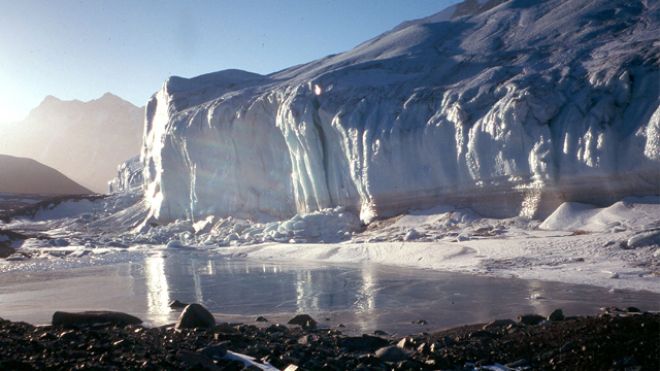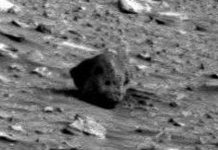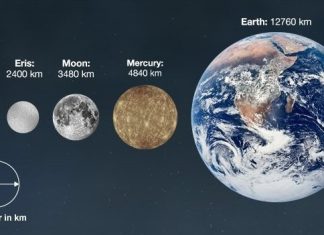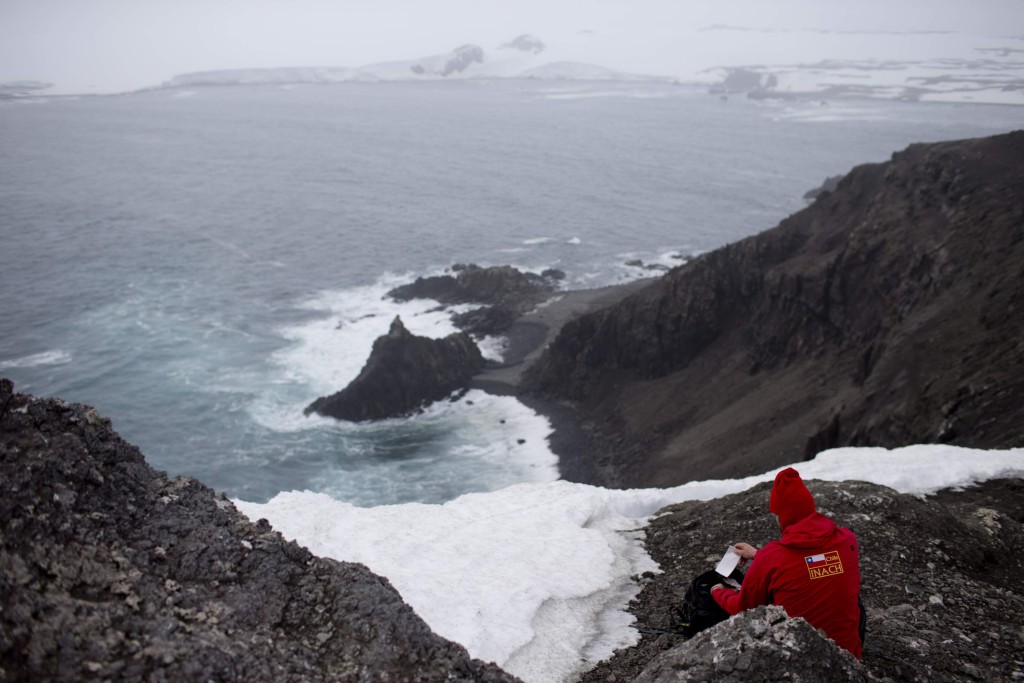
When a Russian team broke through 12,365 feet of solid Antarctic ice last week to reach an ancient buried freshwater lake, scientists eager to fill some gaps in Earth’s history were overjoyed. But they weren’t the only ones.
Seeing parallels between Antarctica’s subterranean Lake Vostok and suspected oceans beneath the ice-crusted moons of Jupiter and Saturn, scientists searching for life beyond Earth are eagerly following the Russian project.
They don’t expect water samples from Lake Vostok will hold alien life, though any life it contains may have taken a slightly different evolutionary path than what appears on the planet today. That’s because Lake Vostok, the deepest and most isolated of Antarctica’s subglacial lakes, has been cut off from the atmosphere for at least 14 million years.
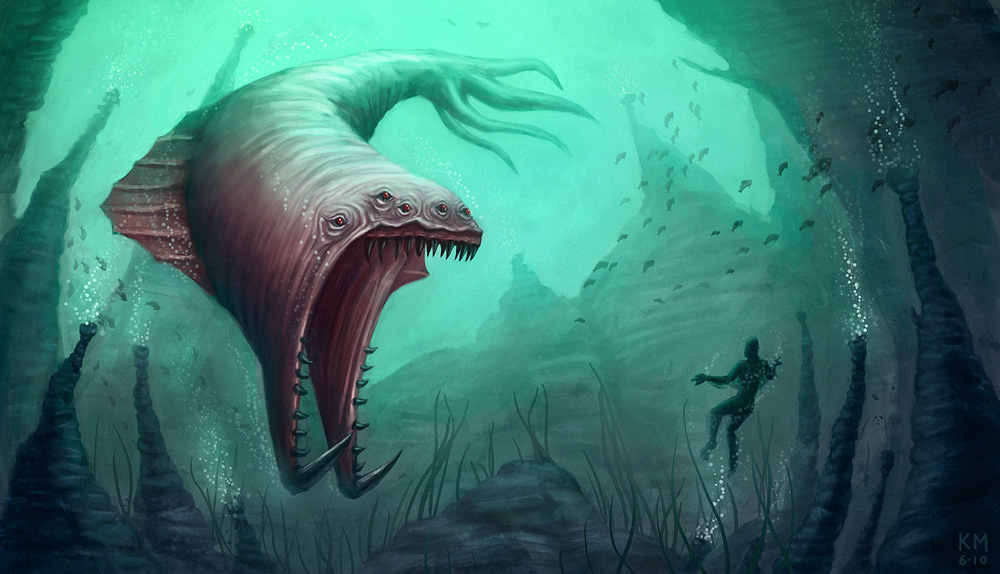
An airborne survey of a presumably dry Antarctic valley revealed a stunning and unexpected interconnected subsurface briny aquifer deep beneath the frozen tundra, a finding that not only has implications for understanding extreme habitats for life on Earth, but the potential for life elsewhere in the solar system, particularly Mars. The briny liquid — about twice as salty as seawater — was discovered about 200 miles underground in a region known as Taylor Valley. The aquifer is widespread, extending from the Ross Sea’s McMurdo Sound more than 11 miles into the eastern part of valley. A second system was found connecting Taylor Glacier with the ice-cover Lake Bonney. But the survey, which covered 114 square miles, may have just uncovered the proverbial tip of the iceberg.

